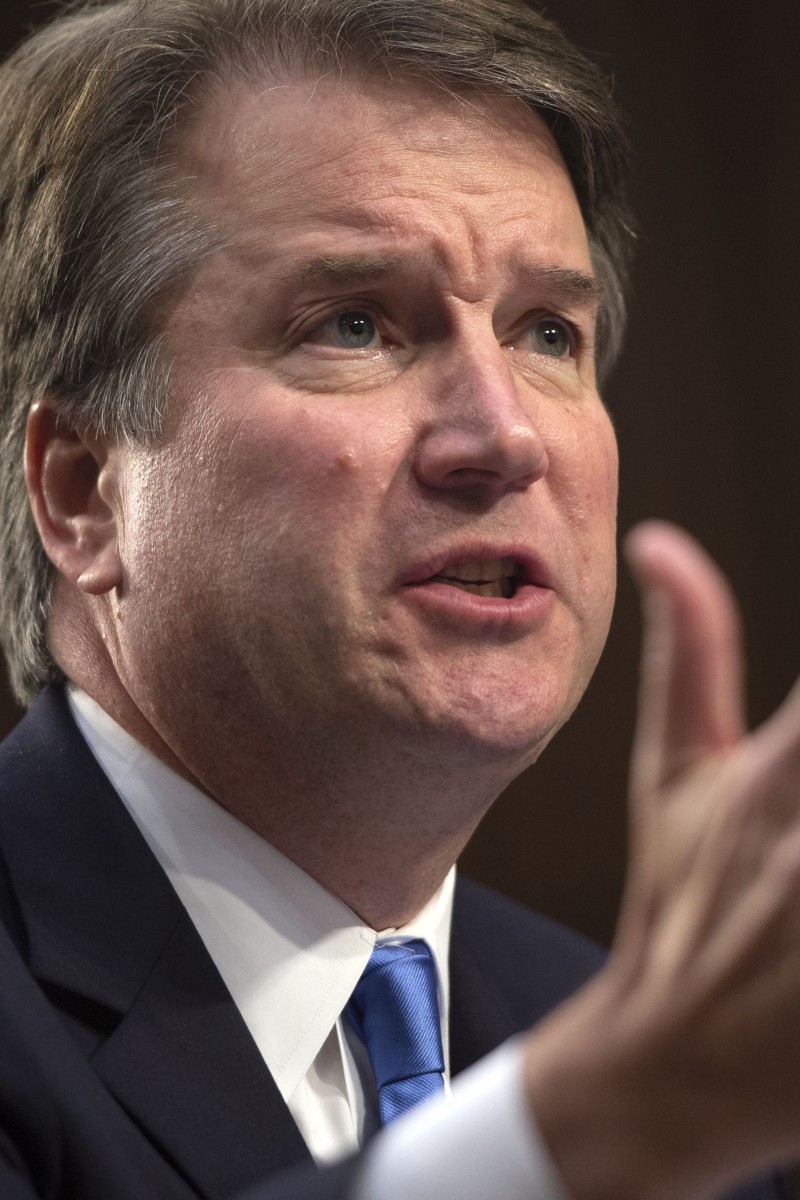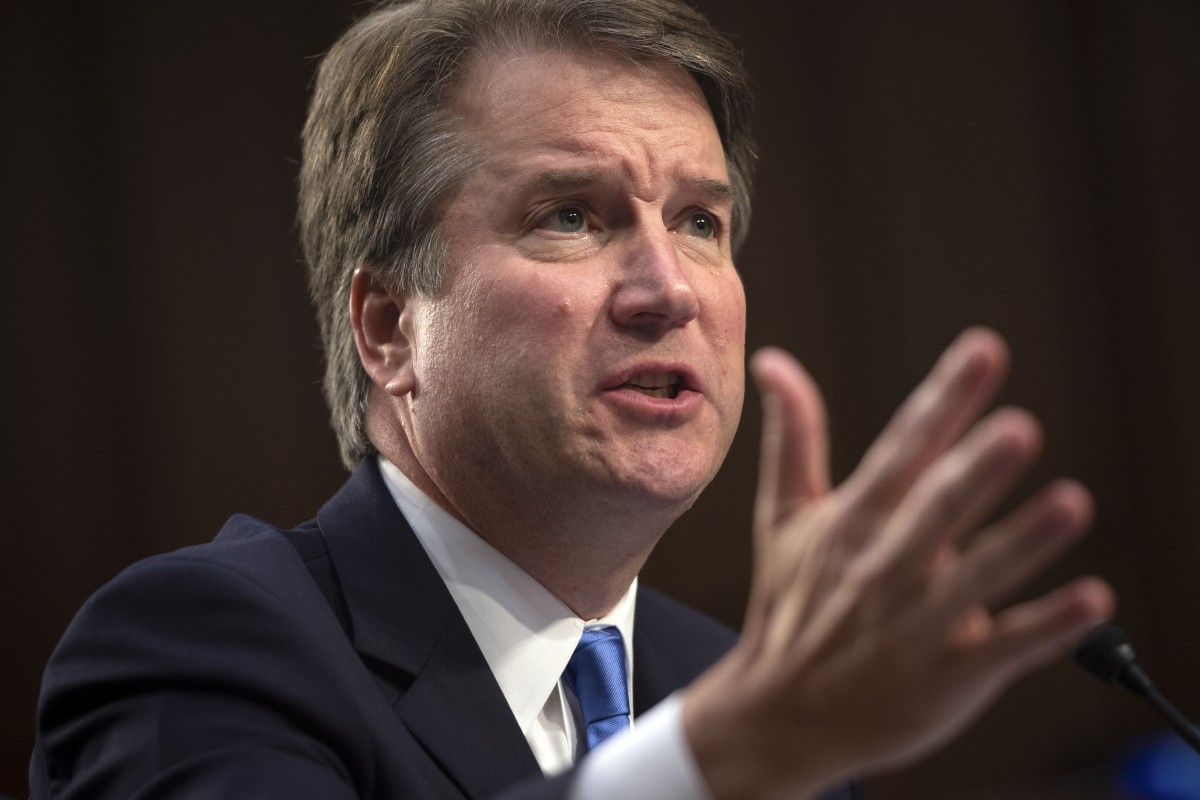
Brett Kavanaugh's appointment as justice shows why we should he careful who we put in positions of power
Brett Kavanaugh’s appointment to the US Supreme Court has divided many in the States. Here is why the debate matters
 Kavanaugh directed his anger about the sexual assault allegations towards Democrats.
Kavanaugh directed his anger about the sexual assault allegations towards Democrats. Brett Kavanaugh, who faces accusations of sexual misconduct, has been sworn in as a justice of the US Supreme Court, in a country where the #MeToo movement was popularised a year ago. These allegations do more than dent the credibility of Kavanaugh, who lied when he said he did not illegally drink as an 18-year-old (he did – the legal drinking age in Maryland, the state in which he was studying, then was 21), or tarnish the sanctity of the judiciary as an upholder of law.
The non-partisanship of the Supreme Court is at grave risk. While anger is an understandable reaction from a man who has been accused of, but not charged with sexual offences, Kavanaugh has directed his anger solely towards Democrats. He called the investigation “a revenge on behalf of the Clintons” (referring to Hillary and former US president Bill Clinton) and the work of left-wing opposition groups. Given his rejection by all but one Democrat, he remains nothing but a yes-man for Trump’s agenda.
Brett Kavanaugh sworn in as Supreme Court justice gets thumbs up from Donald Trump
Why the bitter debate regarding a judicial appointment?
In the US, where the president nominates candidates of an ideological position similar to their own, and where high courts preside over extremely contentious laws and disputes between state and federal governments, a partisan shift of the Supreme Court’s nine-person panel can mean a drastic change – and even an undoing of previous reforms.
Among other issues, abortions could become less accessible, or even illegal if Kavanaugh is the deciding vote in a challenge to Roe vs Wade, the case which restricted access to abortion; and gay marriage could become more difficult if state clerks were allowed to refuse to sign marriage certificates on religious grounds.
The moment Brett Kavanaugh broke down in tears at the Christine Blasey Ford hearing
This past week we have seen women for and against Kavanaugh’s appointment protesting on Capitol Hill, the seat of the US government. Supporters have claimed that Christine Blasey Ford, one of Kavanaugh’s primary accusers, is part of a smear campaign conducted by the left. The #MeToo movement risks being seen as anti-Trump hysteria that has been whipped up against the man who was once caught on tape telling someone that famous men can do anything to women. This allows men to discredit sexual abuse victims and brush off such allegations as politically-inspired actions.
Our chief justice in Hong Kong is similarly appointed by our city’s chief executive and approved by the Legislative Council, which is routinely dominated by pro-establishment forces. Given Hong Kong’s political divide, the question is, if Chief Justice Geoffrey Ma Tao-li retires today, could he guarantee his successor was a supposedly impartial and neutral arbiter of the law?